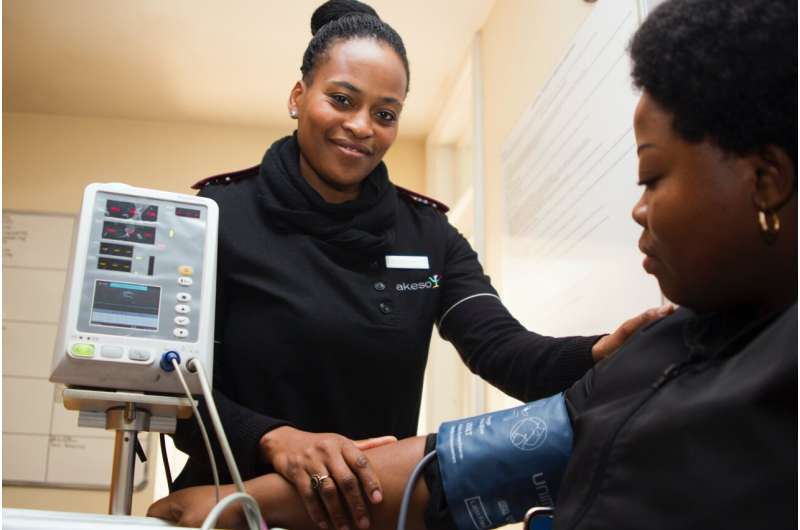The Closure of a Historic Clinic Marks a Shift in Access to Late-Stage Abortions in the U.S.

The recent closure of a Colorado-based clinic that provided late-term abortions highlights the decreasing access to vital reproductive healthcare services for women with complex medical needs in the U.S.
Late-term abortions remain a rare aspect of reproductive healthcare in the United States, accounting for less than 1% of all procedures. However, the recent shutdown of a longstanding clinic in Colorado, which provided abortion services beyond 28 weeks of pregnancy for over five decades, signifies a concerning reduction in access for women facing complex medical or personal situations.
The Boulder Abortion Clinic, founded by Dr. Warren Hern in 1973, was one of the few facilities capable of offering late-stage abortions, especially in cases involving severe fetal anomalies or maternal health risks. Dr. Hern expressed deep sorrow over the closure, citing financial pressures, declining donations, and the high costs associated with late abortions—approximately $10,000, often not covered by insurance—as key factors.
Throughout his career, Dr. Hern faced relentless opposition, including threats and violence, with his colleagues being murdered or attacked for providing reproductive services. Despite the dangers and societal hostility, he emphasized that his work was always driven by the needs of women seeking vital healthcare.
Late abortions are performed for various reasons. Medical diagnoses like genetic or anatomical abnormalities often only become clear after the 20-week mark. Additionally, some women discover their pregnancies later due to late detection or personal circumstances. Many reside in states with strict abortion bans, which complicate access further.
For example, in 2019, Sarah Watkins traveled from Georgia to Colorado just before 25 weeks of pregnancy after learning her fetus had trisomy 18—a condition that would likely cause death either in utero or shortly after birth. Her experience highlights the importance of specialized late-term services, which are increasingly scarce.
Currently, only a handful of clinics across the country offer abortions beyond 24 weeks, and policies vary by state. Some states, like New Mexico, Maryland, and Washington D.C., permit late abortions, while others restrict access severely. As clinical options diminish, women face longer travel distances and higher financial burdens.
The closure of Hern's clinic leaves a significant gap in reproductive healthcare, raising concerns among advocates about the future of late-stage abortion access. Organizations like the Later Abortion Initiative are calling for more comprehensive services, but the political landscape remains challenging.
While the majority of abortions happen early in pregnancy, the need for later procedures persists, especially for medical reasons. Experts warn that further clinic closures may force women to resort to unsafe methods or carry pregnancies that pose risks to their health.
The ongoing debate over abortion laws underscores the critical need for accessible, safe procedures for women facing complex circumstances. As clinics close and restrictions tighten, the reproductive rights community continues to advocate for expanded care and protection for vulnerable women and families.
Stay Updated with Mia's Feed
Get the latest health & wellness insights delivered straight to your inbox.
Related Articles
Innovative Technique May Boost Infant Heart Transplants by 20%
Duke Health's new on-table heart reanimation technique has the potential to increase pediatric heart transplants by up to 20%, providing new hope for children in need of life-saving procedures.
Study Finds Routine Heart CT Scanning Unnecessary Post-Stenting for Left Main Coronary Artery Disease
New research shows that routine heart CT scans after stenting for left main coronary artery disease do not improve patient outcomes, questioning the value of routine imaging in follow-up care.
Public Figures Advocate for Increased Women's Health Funding on Capitol Hill
Actors and lawmakers are rallying on Capitol Hill to push for increased funding and research into women’s health issues, including uterine fibroids and maternal health, aiming to close critical research gaps.



